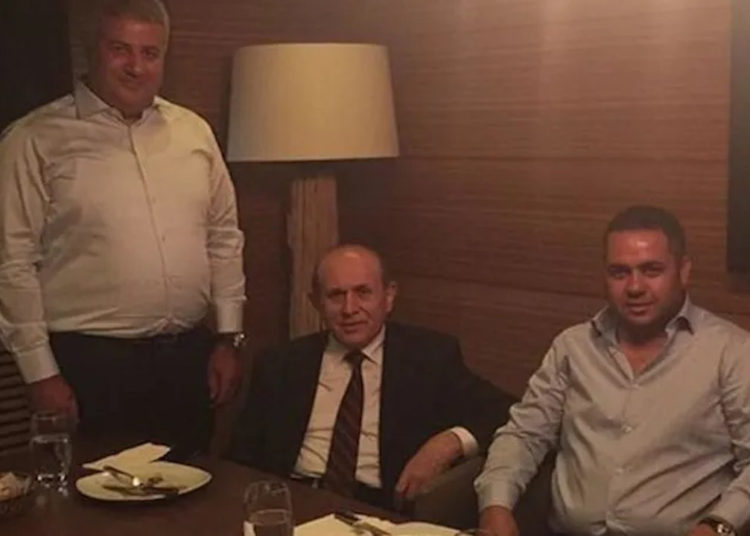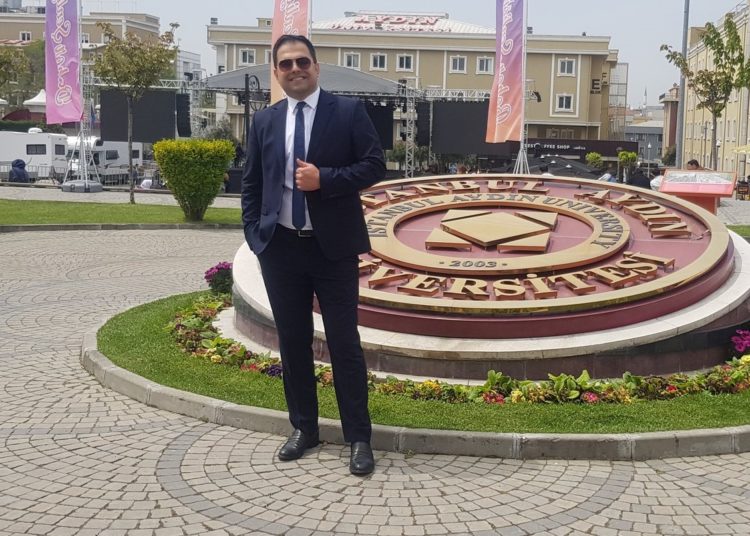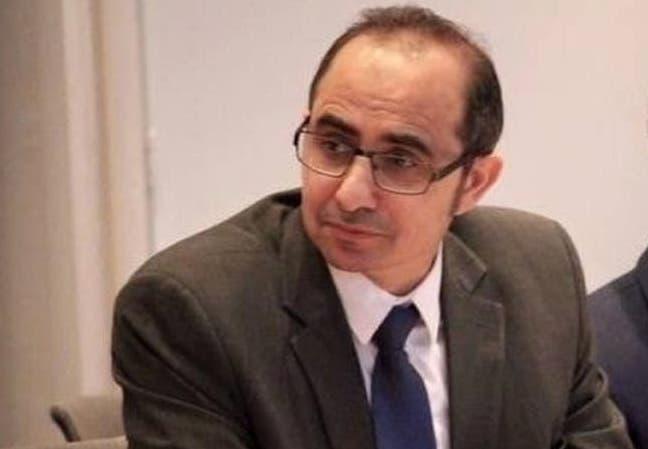Nordic Monitor
In response to a UN letter on the kidnapping of Swedish-Iranian national Habib Chaab, Turkey denied allegations concerning the role of Turkish intelligence in the enforced disappearance of Chaab, claiming that he was smuggled illegally into Iran by an international drug trafficking network.
Following the disappearance of Chaab in Turkey, UN rapporteurs had sent a joint letter to the Turkish government on November 6, 2020 seeking further information on the whereabouts of the well-known Arab activist.
Citing remarks made by the chair of the Parliamentary Commission on National Security of Iran on November 1, 2020, the UN letter included a note saying that “Chaab had been returned to Iran, by the Turkish authorities through the West Azerbaijan border crossing, as part of an intelligence operation.”
The same week Iranian intelligence confirmed his arrest but did not say how or where the activist had been arrested. Chaab’s transfer to Iran was the latest case revealing how Iranian intelligence authorities have expanded their activity in Turkey in recent years thanks to strengthened ties with the Turkish intelligence agency (MİT).
Chaab was the leader of separatist Al-Ahwaziya group the Arab Struggle Movement for the Liberation of Ahwaz (ASMLA). The Netherlands-based Arab nationalist group ASMLA advocates for the secession of Iran’s Arab-majority Khuzestan province. Tehran considers the ASMLA a terrorist organization.
Iranian analysts claimed that Chaab could have been handed over to the Iranians by Turkey in exchange for two PKK insurgents who were in Iranian custody. According to a Turkish intelligence official speaking to public broadcaster TRT, Chaab was drugged in October in İstanbul and smuggled into Iran by a drug ring that worked for Iranian intelligence.
Note verbale and information note conveyed by the permanent Turkish representative to the UN office in Geneva:
The Turkish government’s response to the UN letter was conveyed by the country’s permanent mission to the UN office in Geneva, via a note verbale dated January 5, 2021. “The outcome of the investigation clearly and unmistakably indicates that Turkish authorities had no involvement whatsoever in the events surrounding the disappearance of Habib Chaab,” the Turkish government stated.
Thirteen people with alleged ties to Iranian drug lord Naji Sharifi Zindashti were arrested as part of an operation carried out by MİT, the state-run Anadolu news agency reported on December 14. Turkish intelligence accused the Iranian government of using Zindashti to abduct Chaab. However, Zindashti spoke to Turkish journalist Said Sefa and denied accusations about his involvement in Chaab’s abduction to Iran.
Zindashti is an Iranian citizen who fled to Turkey after he was sentenced to death in 2017. In April 2018 Zindashti was detained in İstanbul with six others in connection to the killing of a person. After six months a Turkish court ordered his release, saying there was no evidence tying him to the murder.
According to testimony in a probe launched into the incident by the Council of Judges and Prosecutors (HSK), two Turkish judges confirmed that Burhan Kuzu, a former lawmaker for the ruling Justice and Development Party (AKP) and advisor to Turkish President Recep Tayyip Erdogan, intervened in the judicial process, Turkish media reported.

In their joint letter, the UN’s Agnes Callamard, special rapporteur on extrajudicial, summary or arbitrary executions; Elina Steinerte, vice chair of the working group on arbitrary detention; Tae-Ung Baik, chair-rapporteur of the Working Group on Enforced or Involuntary Disappearances; Javaid Rehman, special rapporteur on the situation of human rights in the Islamic Republic of Iran; Fernand de Varennes, special rapporteur on minority issues; and Nils Melzer, special rapporteur on torture and other cruel, inhuman or degrading treatment or punishment, urged the Turkish government to “provide information the measures [sic] taken to ensure Mr. Habib Chaab is not returned to the Islamic Republic of Iran.”
Joint UN letter on kidnapping of Habib Chaab:
In November 11, Nordic Monitor reported on another UN letter that implicitly accused Turkey of allowing Iranian intelligence to perpetrate or orchestrate extrajudicial killings in Turkish territory.
The UN joint letter on the killing of Masoud Molavi Vardanjani in Turkey stated that Vardanjani was assassinated “reportedly at the direction and involvement of Iranian authorities,” noting that “the Turkish government has failed to conduct appropriate, formal investigations into the killing.”

Vardanjani was shot dead on an İstanbul street on November 14, 2019, a year after he left Iran and sought refuge in Turkey. Citing Turkish officials, Reuters reported in March that two intelligence officers in Iran’s consulate in Istanbul had instigated his killing. Vardanjani had posted a message on social media criticizing Iran’s elite Revolutionary Guards three months before he was shot dead. “I will root out the corrupt mafia commanders. Pray that they don’t kill me before I do this,” the post said.












